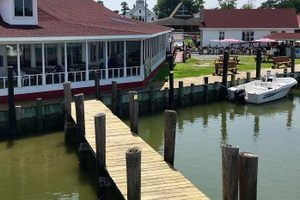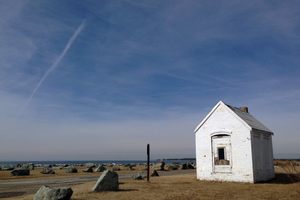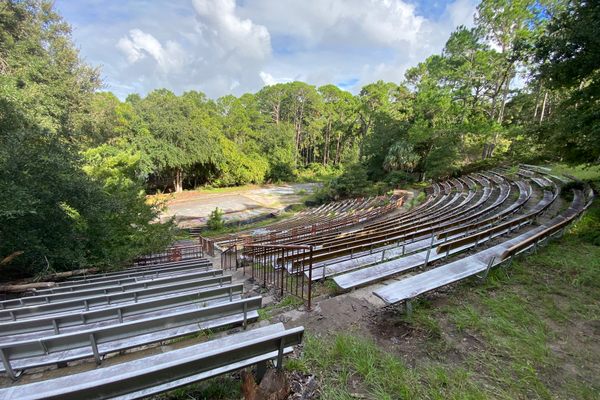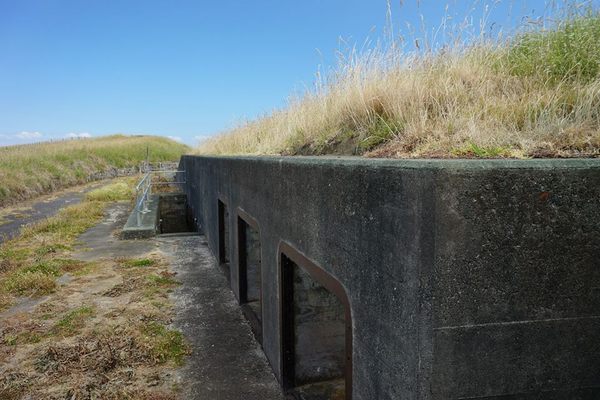About
A town can change a lot in 100 years. In the case of the settlement on Chesapeake Bay’s Holland Island, the land itself can disappear.
Once one of the most populated islands in the bay, Holland Island was first settled in the 1600s and grew to a community of around 350 persons by 1910. There were dozens of homes, a post office, a schoolhouse, and a church. Most of the townspeople were fishermen, spending their days out on the water, casting fishing nets or dredging for oysters. Somewhat ironically, the water that provided the community’s livelihood would also be its undoing.
After hundreds of years of continuous settlement, erosion began to take a significant toll on the west side of the island beginning in 1914. Stubbornly rising sea levels continued to eat away at the silt and clay shoreline in the coming years, forcing a mass exodus. The last remaining family moved off the island in 1918.
Once it became clear that the tide could not be contained, many of the buildings on Holland Island were torn down and reassembled on the mainland. The local church, for example, was relocated to Fairmount, Maryland, in 1922. As the island continued to sink from solid ground to marshland, and from marshland to open water, soon only one structure remained — a two-story house that at high tide seemed to rise directly from the water. It crumbled following a storm in November of 2010, leaving the island just barely discernible — patches of marsh and debris. By 2012, Holland Island had eroded completely. Although nothing can be seen from the surface, the town is still down there, its homes and graveyard somewhere under the bay’s lapping waters.
Related Tags
Published
January 22, 2016






















